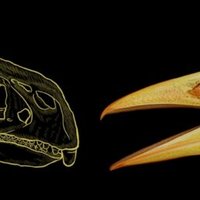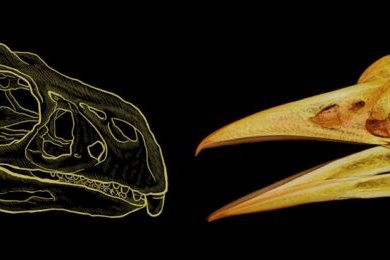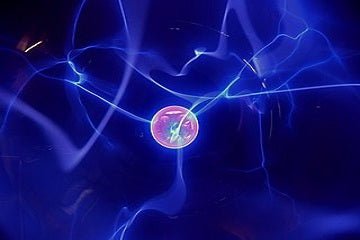NISAR Mission Launch Confirmed: NASA-ISRO's Earth Observation Satellite Set for June 2025

After a series of postponements, the long-awaited NASA-ISRO Synthetic Aperture Radar (NISAR) satellite is now officially scheduled to launch in June 2025. This confirmation came during a high-level review meeting chaired by Union Minister Dr. Jitendra Singh, marking a significant milestone in the collaborative space efforts between the United States and India.
The NISAR mission, which has been under development for over a decade, was initially planned for a 2024 launch but faced setbacks due to technical challenges, particularly issues with its 12-metre radar antenna reflector. After being pushed to March 2025, officials have now settled on the June timeframe for liftoff aboard ISRO's GSLV-F16 rocket from Sriharikota, India.
This groundbreaking Earth observation satellite represents an unprecedented partnership between NASA and ISRO. Once operational, NISAR will scan nearly all of Earth's land and ice surfaces twice every 12 days, providing detailed measurements of changes in our planet's ecosystems with remarkable precision. The satellite is equipped with advanced capabilities that will allow it to detect changes as small as one centimeter during repeated observations of the same terrain.
Scientists expect NISAR to deliver crucial data for monitoring and understanding climate change, glacier retreat, forest cover changes, and even subtle movements during earthquakes and volcanic activities. These observations will provide valuable insights into Earth's dynamic processes and help researchers better predict and respond to natural hazards.
The NISAR satellite has been largely assembled in the United States, with some components, including one of its two radar systems, contributed by India. It arrived in Bengaluru in 2023 for final testing before its upcoming launch.
In a related development, the same high-level meeting also announced India's participation in the Axiom Mission 4 (Ax-4), which will see Indian Air Force Group Captain Shubhanshu Shukla become the first Indian astronaut to visit the International Space Station and only the second Indian to travel to space following Rakesh Sharma's historic mission.
Recent Science Articles
NASA's Lucy Probe Sends Striking Close-Ups of Peanut-Shaped Asteroid Donaldjohanson
NASA's Lucy mission captured its first detailed images of the peanut-shaped asteroid Donaldjohanson, revealing its unusual geology and complex structure …
Secret Mathematical Rule Discovered to Shape Bird Beaks for 200 Million Years
Scientists have discovered a hidden mathematical rule governing bird beak shapes for 200 million years, offering new insight into avian …
Arctic Meltdown Threatens Carbon Sinks: New Study Reveals Climate Change Impact on Polar Ecosystems
New research reveals climate change is undermining Arctic fjords' ability to sequester carbon, with shifting phytoplankton communities and melting ice …
Groundbreaking Study Reveals Complex Dynamics of the Brain's Serotonin System
University of Ottawa research reveals serotonin neurons' complex interactions and role in future reward signaling, offering new therapeutic insights.
Kindness Redefines Happiness: World Happiness Report 2025 Reveals Surprising Trends
The World Happiness Report 2025 reveals that happiness stems from both personal kindness and strong social connections, with Nordic countries …

NASA's Lucy Probe Sends Striking Close-Ups of Peanut-Shaped Asteroid Donaldjohanson
NASA's Lucy mission captured its first detailed images of the peanut-shaped asteroid Donaldjohanson, revealing its …

Secret Mathematical Rule Discovered to Shape Bird Beaks for 200 Million Years
Scientists have discovered a hidden mathematical rule governing bird beak shapes for 200 million years, …

Arctic Meltdown Threatens Carbon Sinks: New Study Reveals Climate Change Impact on Polar Ecosystems
New research reveals climate change is undermining Arctic fjords' ability to sequester carbon, with shifting …

Groundbreaking Study Reveals Complex Dynamics of the Brain's Serotonin System
University of Ottawa research reveals serotonin neurons' complex interactions and role in future reward signaling, …




